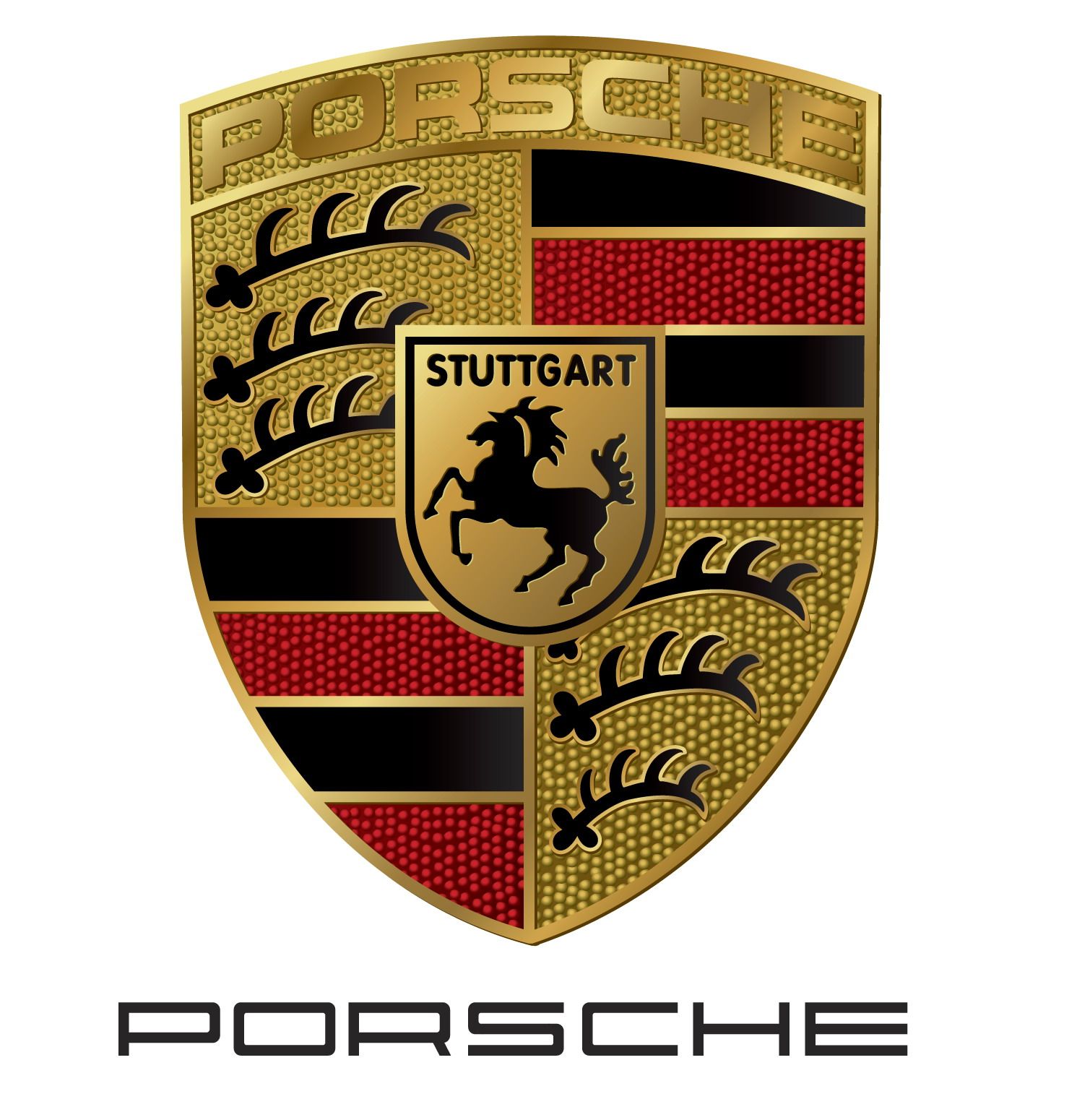The plan for Volkswagen to overtake Toyota has been described in a bit more detail. It involves four platforms, and the intention for Volkswagen to overtake Toyota in global sales, a plan for the future announced as Toyota attempts to execute its own plan to overtake General Motors as the largest automaker in the world, and as the Chinese begin to be making their influence felt in the developing markets.
It is a very ambitious plan.
But it should not be discounted.
The people behind it are the people who engineered the take-over of VW/Audi by Porsche.
The specifics of the plan are simple: According to Automotive News, VW increases sales in ten years from 5.7 million vehicles annually to 10 million. (It apparently figures that Toyota’s maxed out with 2006 global sales of 8.8 million.) To that end, it will develop four new platforms, the most basic of which will be a transverse engine platform which, according to a VW vice-president equivalent, will serve from small to medium sized cars. That platform will replace as many as 20 current models and several nice models (which must certainly include the Audi TT and Cabrio).
A second platform will be the rear-engine platform. There will be a third platform for midengine sports cars, so that they can continue selling Lambos, Bugatti and cheap Bugatti (downmarketing the brand being part of the plan).
The fourth platform will be a longitudinal front-engine architecture designed to support the large cars of the enterprise, such as the A8 equivalent.
So, why did the headline to this article mention “Porsche”?
It has not received the attention it deserves, but the reality is that Porsche controls Volkswagen. The links between the companies are known: Ferdinand Porsche designed the first Volkswagen and his grandson is the chairman of VW.
But it goes deeper:
Porsche owns VW. At least, it owns a controlling interest in Volkswagen. Moreover, it just won a court battle that allows it to kick the union representatives off of the VW board of directors. Until now, one of the constraints on Volkswagen’s ability to compete was the fact that union representatives actually participated in management decisions, including labor decisions, as board members. Having picked a fight with Porsche over the law that required that participation, the unions skunked themselves when the European Union courts ruled the local law which had given the unions that position was, under EU law, void.
It is worth understanding why Porsche ended up owning so much of VW. It saw an opportunity and bought in at an attractive price. It is one of the ironies of the situation that the mismanagement which made Volkswagen such a cheap investment was that of its chairman, Ferdinand Piech, the Porsche family scion, currently (again) under investigation in a bribery scandal dating back about five years and the architect of several dumb moves, such as buying Rolls-Royce without getting the brand name.
But, the members of the Porsche family who run the company with that name have been far more aggressive and far more successful in the automobile business than Piech.
Porsche appears to have recognized before most European auto executives the significance of both European emissions regulations and the growth in the global automobile market to their brand. To that end, they early came to the conclusion that survival of Porsche required having a large production over which to spread the development costs. It was but a small step further to realize that it was also possible to make profit over those development costs, provided that you owned companies producing enough vehicles.
Since the grandson had done them the favor of making Volkswagen an attractive buy, Porsche quietly bought. Now, they run the show and have exactly what they want. Their desire to overtake Toyota in sales is not hubris, it’ practicality. For a very low price, Porsche has put itself in a position where it can compete head-to-head with Mercedes and BMW anywhere, can spread future development costs over a broad range of vehicles, and can merge product distribution channels to achieve further economies of scale.
Momentum counts in the auto industry.
It’s no different than it is with a professional sports team, or a smaller business. Those who believe in themselves tend to succeed. Those who have begun to have doubts tend to get more doubts. Those who are distracted miss the main chance.
Right now – to the everlasting joy of many – Toyota is no longer the team that believes in itself, but is the one that is having a complete lack of confidence. Because it has been so successful, the probability is that it will continue to be unsuccessful. There’s a German word for it – schenfreude – which, roughly translated, means that people like to see a winner lose because it makes them feel better about themselves, less inferior. The winner’s former arrogance only adds to the joy when the winner trips, and the winner’s dependence on the public’s adoration saps the winner’s confidence all the more when it disappears.
Arrogance carries a person, and a company, quite some distance. Right at the point superiority begins to be taken for granted, arrogance becomes a liability. And an opportunity for others.
As General Motors about that.
Don’t bet against Porsche/Volkswagen.
Until they win.

